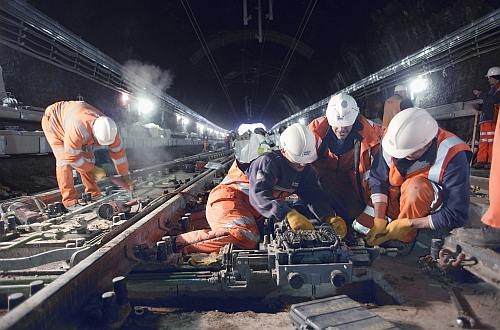The ORR notes that the savings in controllable operational expenditure, maintenance and renewals are ahead of the targets set prior to the start of the 2009-14 funding period.
According to the report, NR's position has been improved by a range of measures, including a reduction in the number of signalling and control centres; reorganisation of maintenance activities with reduced dependence on subcontractors; and reduced track renewals following a change in asset policy prioritising work on high-usage track sections.
However, the regulator expressed concern in the report at a rise in infrastructure-related train delays and aspects of NR's asset management, in particular the long-term sustainability of civil structure renewals.
The McNulty Rail Value for Money study estimated that compared with 2008-09, the annual cost of operating Britain's railways could be reduced by £2.5-3.5bn by 2018-19, and estimated that around 70% of the efficiencies should come from NR.
The ORR ruled in 2008 that NR should deliver a 21% improvement in efficiency during the 2009-14 funding period, equivalent to a saving of £1bn per year compared with the start of the period. If it is able to achieve this objective, NR will have achieved around a third of the savings identified by McNulty by the end of the 2013-14 financial year.
The ORR says closer collaboration between NR and train operators will be essential to delivering further efficiencies.

